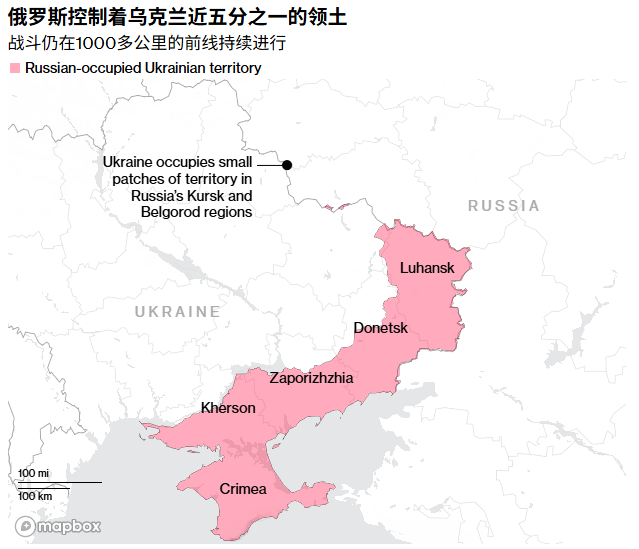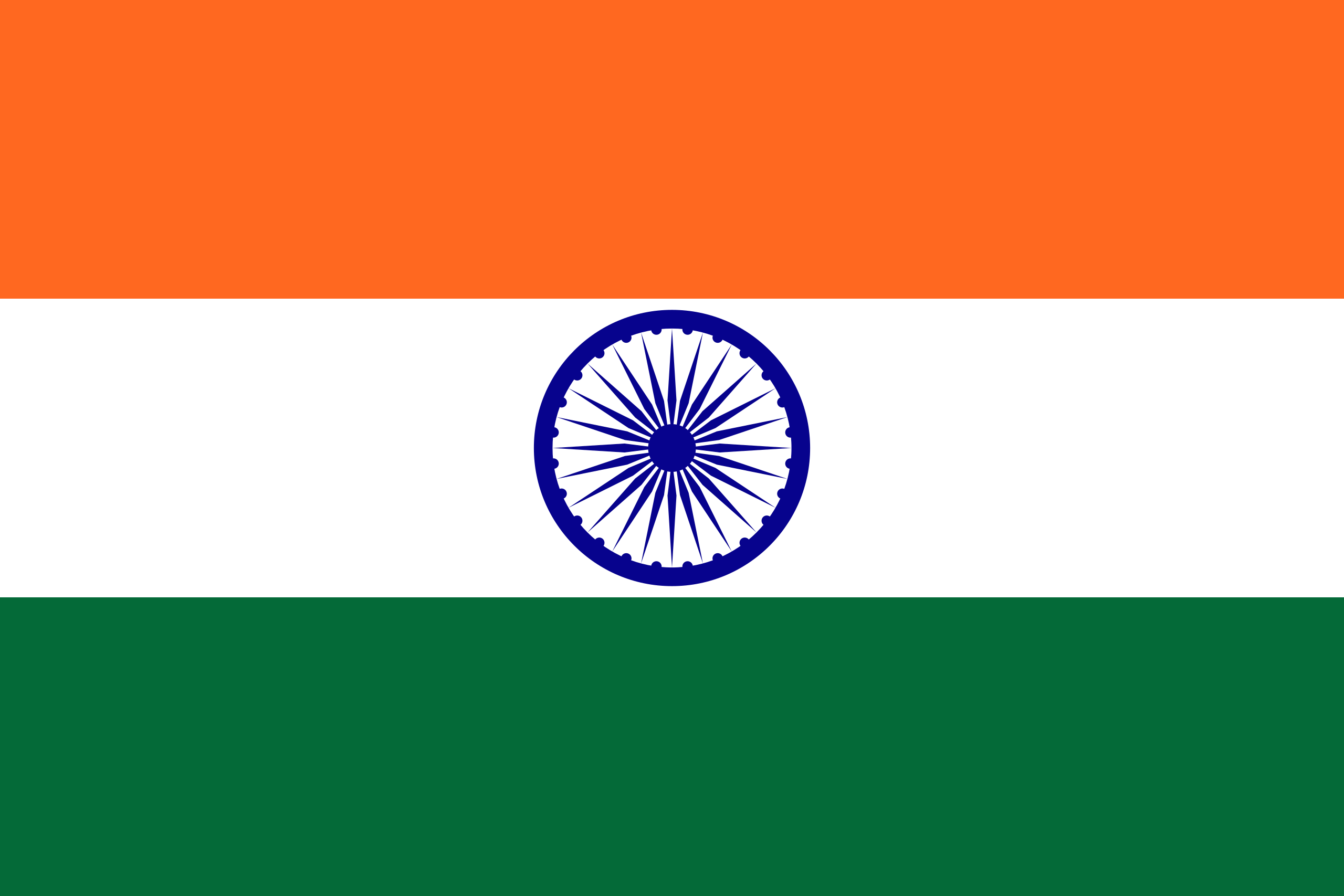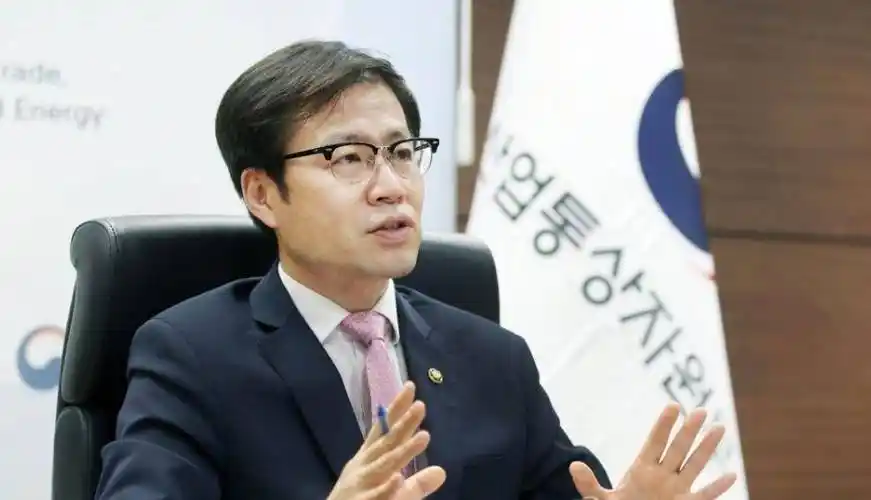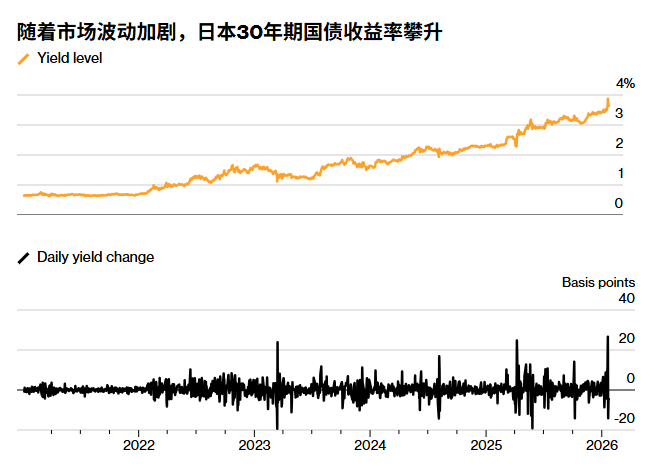According to three people familiar with the matter, Russian President Vladimir Putin insists that as part of an agreement to end the war, Russia must control four regions in Ukraine that it has not yet fully occupied.
This requirement dealt a blow to US President Donald Trump’s efforts to achieve a ceasefire and a permanent end to the war, as the White House grew increasingly frustrated with the lack of progress in the negotiations.
According to two informed sources who declined to be named because of the sensitive nature of the discussion, Trump’s special envoy Steve Vickers attempted to persuade Putin during a lengthy meeting at the Kremlin on Friday that Russia should agree to a ceasefire and halt the fighting on the current front. However, the Russian leader insisted on his extreme stance on territorial issues.
One of the people familiar with the matter said that the negotiations have currently reached a deadlock and direct contact between Putin and Trump is needed to make further progress. Kremlin spokesman Dmitry Peskov did not respond to requests for comment.
James Hewitt, a spokesperson for the US National Security Council, said: “We do not comment on ongoing deliberations. Our cooperation with Ukraine and Russia is continuing to make progress towards a peaceful resolution of this conflict.”
Ukrainian President Volodymyr Zelensky posted on X on Tuesday that Ukraine “is preparing to negotiate with the United States on new sanctions – we are identifying those pressure points that can most effectively push Moscow towards diplomacy.”
“Russia must take clear measures to end the war,” Zelensky wrote. “We insist that a full and unconditional ceasefire must be the first step. Russia must take this step.”
Several months after his full-scale invasion in 2022, Putin held referendums in the areas occupied by his troops and declared that four regions in eastern and southern Ukraine – Donetsk, Luhansk, Zaporizhzhia and Kherson – would “forever” become part of Russia. Russia enshrined these regions in its constitution, although it has never succeeded in seizing all the territory they cover.

Trump and other senior government officials have hinted that they might withdraw from the negotiations if an agreement cannot be reached soon. The US has not yet disclosed the details of the latest meeting between Witkow and Putin, which is his fourth since February.
Trump expressed optimism immediately after the talks ended, saying that a ceasefire agreement was “very close”. But later he became more cautious, saying that Putin might “not want to stop the war” and that the US might have to impose further sanctions on Russia.
According to European officials familiar with the negotiations, there are currently no clear signs that Putin is willing to abandon his extreme demands on Ukraine and accept the US proposal to end the war. These officials cautioned that the talks are ongoing and the assessment could change.
European officials believe that over the next two weeks it will become clearer whether the United States can get Russia and Ukraine to reach an agreement, or whether it will choose to abandon negotiations or increase pressure on Moscow.
French President Emmanuel Macron said he urged Trump to take a tougher stance against Putin. In an interview with Paris Match magazine published on Monday, Macron said he believed he had “convinced the Americans of the possibility of escalating the threat and even imposing sanctions.”
Western officials had warned in March that Putin was unlikely to compromise on his goals. Bloomberg had previously reported that the Trump administration believed that economic incentives, including cooperation in energy and other areas, were key factors in persuading Putin to accept a peace deal.
Putin announced on Monday that a three-day ceasefire would be observed starting from May 8 to mark the 80th anniversary of the victory over Nazi Germany in World War II. Zelensky, however, called for an immediate and unconditional ceasefire for at least 30 days, arguing there was no reason to wait until May 8 and accusing Russia of “manipulation”.
The US had sought to achieve a permanent ceasefire by April 30, the 100th day of Trump’s new term, but expressed disappointment at Putin’s ceasefire statement. White House Press Secretary Caroline Levitt said on Monday that Trump was “increasingly frustrated” with the leaders of Russia and Ukraine.


